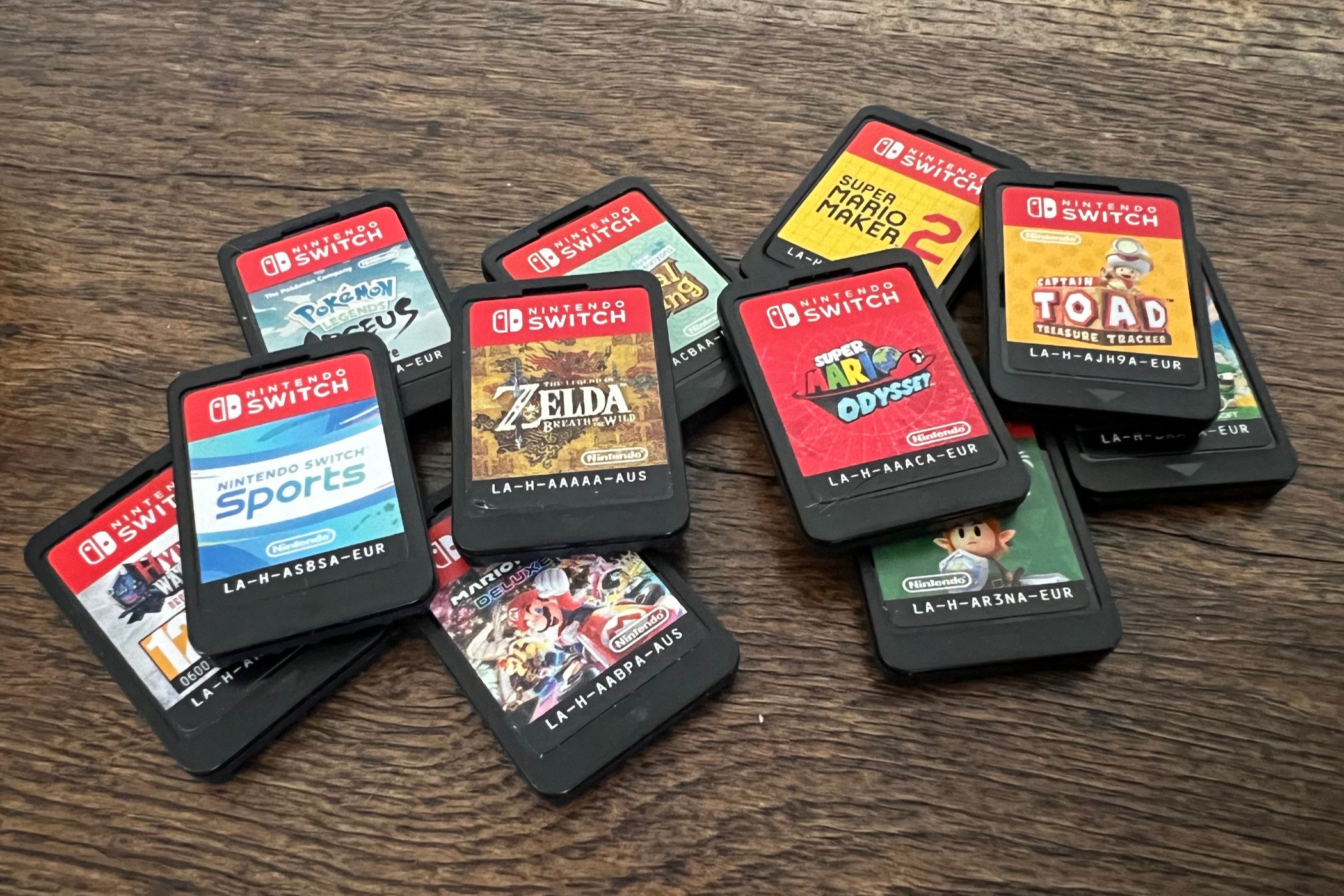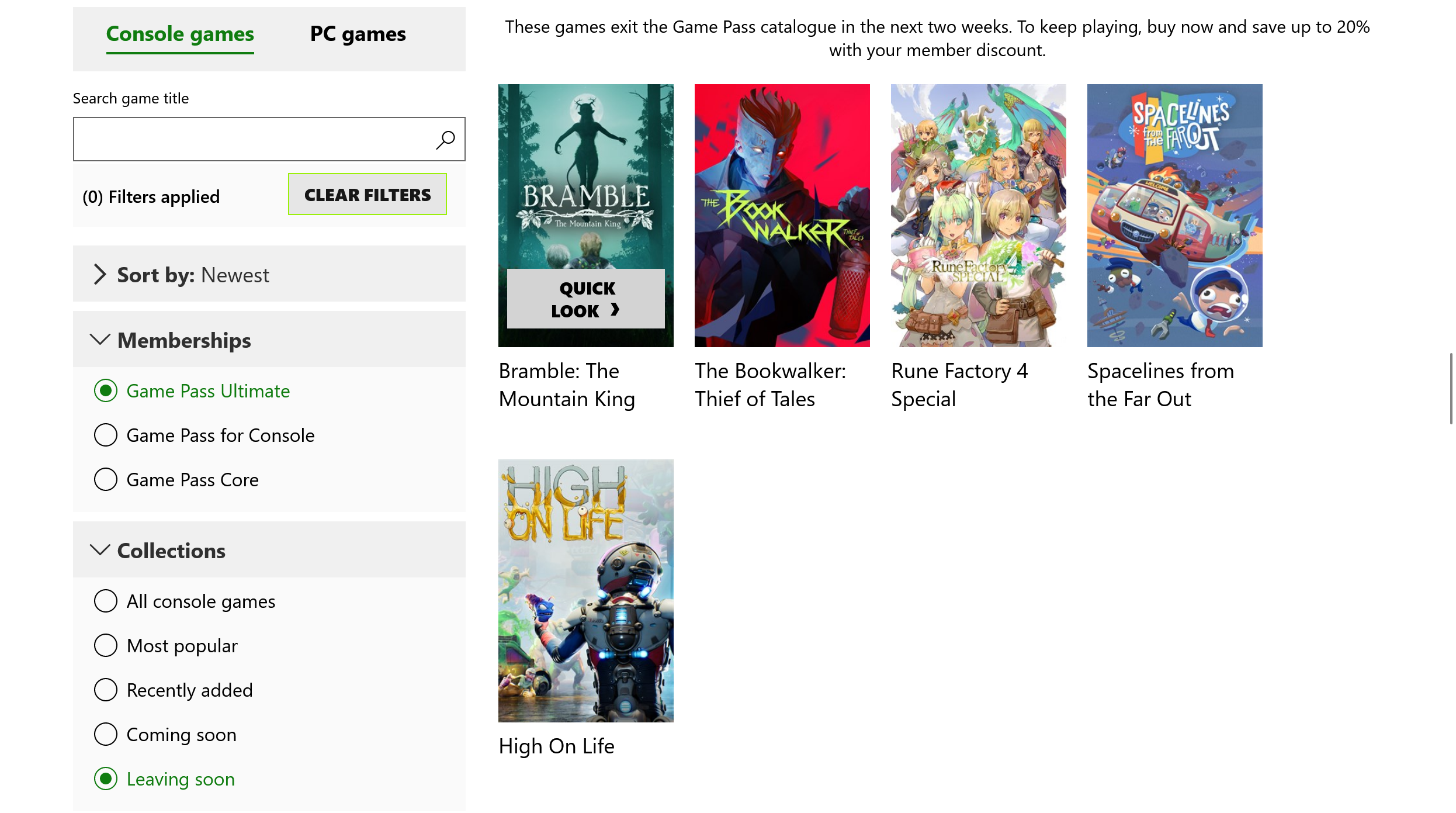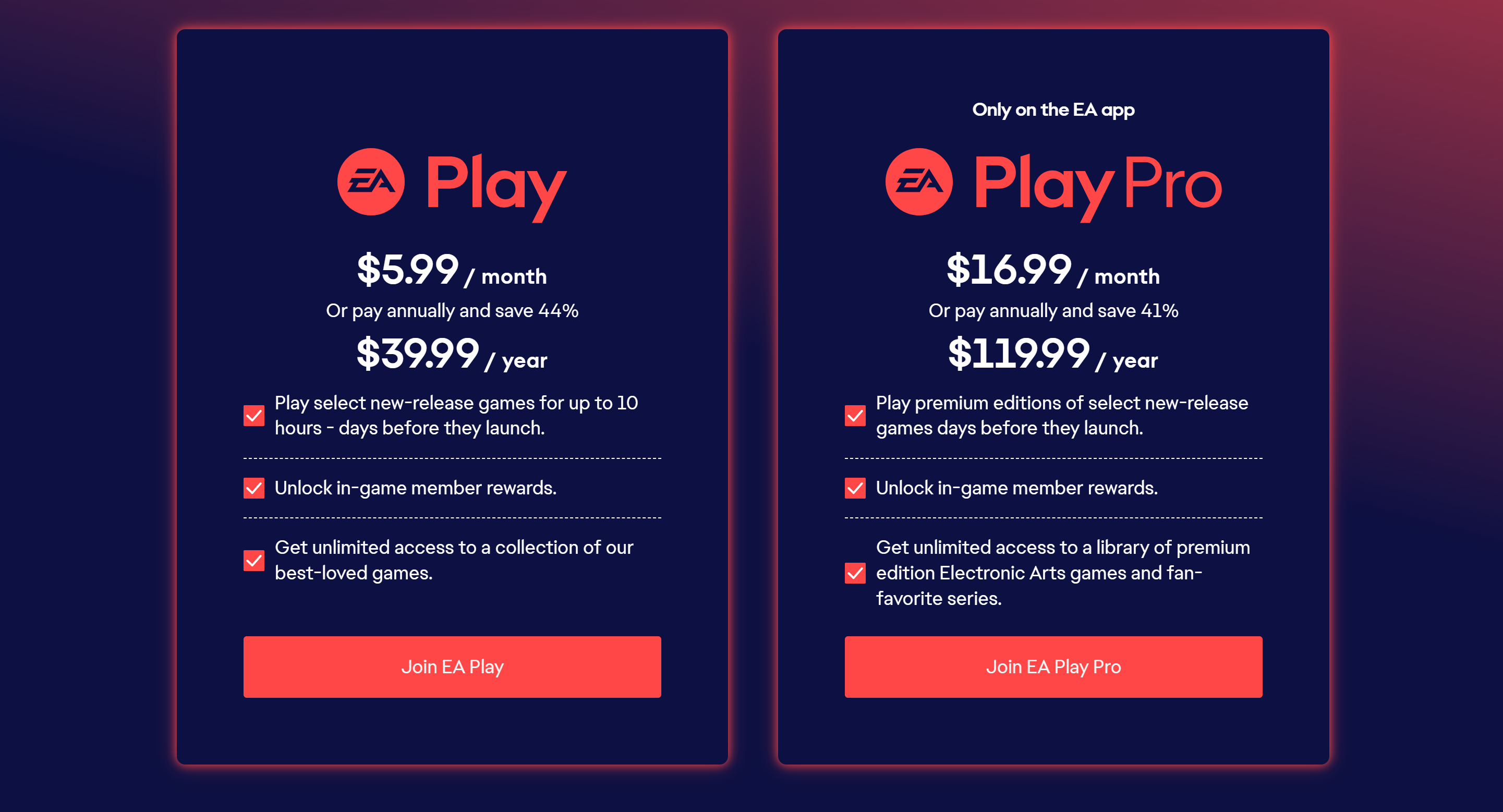Key Takeaways
- Rushing through games due to a looming subscription renewal date takes away the enjoyment of playing.
- Limited spare time makes it difficult to complete games quickly, resulting in paying more for months of a subscription than just buying the game outright.
- Subscriptions lack flexibility in lending and selling games, plus titles can vanish unexpectedly.
There are plenty of game subscription services vying for your money: Xbox Game Pass, EA Play, Ubisoft+, and PlayStation Plus to name a few.
I’ve used nearly all of them over the years. While some are better than others, I’ve come to the conclusion that they don’t work for me. Here’s why I’ll never pay for a game subscription service again.
They Make Me Rush Through Games
I like taking my time with games, especially if it’s something I’m really enjoying—soaking up the atmosphere, exploring every nook and cranny, exhausting all dialogue options.
Trouble is, I feel like I’m not getting value for money from the subscription if I’m plunging endless hours into the same game. Or if I only plan to subscribe for a month, I need to complete the game before the next billing date. There’s a constant nag in my mind that the clock is ticking and I should move on to something else, which ruins the enjoyment of playing.
I Don’t Have Enough Spare Time
Relatedly, I don’t have enough free time to play games—gone are the glory days of youth! When I only have a handful of hours each week to sit down with a controller, I can’t complete games quickly.
While that monthly subscription cost may look enticing at first, I end up paying more than just buying the game outright because it takes me many months to get through it.
Lending Is Inflexible, Selling Is Impossible
When I’m finished with a physical game, I can easily lend it to friends and family; my copy of Super Mario Odyssey has been enjoyed by many. I can also sell it to recuperate part of the original purchase cost. That’s not to say I only buy physical games, but I will for Nintendo games that hold their value.
With game subscription services and digital purchases generally, you can’t sell them and lending is inflexible. It’s possible to share Xbox Game Pass, for example, but only with one other console that you initially need to sign your account in to. It’s a bit of a hassle.
Not every platform is so restrictive when it comes to digital games you own, though. One of Steam’s lesser-known features is Steam Families, which lets up to five people in your household play games from your library at no additional cost. It’s one of the reasons why I buy most of my PC games on Steam.
Games Can Vanish Unexpectedly
One of the benefits of game subscription services is that they are constantly evolving and adding new games, some on the day of release. But there’s a downside to that evolution because games regularly leave too.
That means you can be halfway through a game one day, then have no access to it the next. Some services, like Game Pass, will warn you if a game you launch is due to leave soon, but it doesn’t solve the problem. If you want to continue your playthrough, you have to buy the game or hope it returns to the service at some point.
Technically, due to digital rights management (DRM), you don’t truly own most of the games you buy anyway, but they’re far less likely to be yanked from you. Plus, you can always buy from DRM-free stores like GOG (ideal for finding classic games).
I don’t replay many games, but there are those I return to every year or so. I like having these permanently in my collection, ready to go whenever I want, and not have to worry about whether they exist on a service or having to pay to access them again.
I Don’t Need Constant Access to So Many Games
The likes of PlayStation Plus give you access to hundreds of games. That’s great, as you’re bound to find titles that take your fancy. But if you like seeing games to the end, you’re unlikely to make a dent in that catalog. Moreover, do you need constant access to all those games?
It’s not like music streaming, where it’s reasonable to listen to vast amounts and discover new songs every day—I undoubtedly get the most out of Spotify Premium. The same can’t be said of a game subscription service, where I’ll only have a couple of games on the go at once to last me a long time.
They Keep Getting More Expensive
If you use any sort of subscription service, gaming or otherwise, you’re familiar with price increases. For example, the base tier of EA Play increased from $29.99/year to $39.99 in May 2024. The price of an annual PlayStation Plus plan rose around 33% in September 2023, while Microsoft increased the cost of Xbox Game Pass in July that year.
I never buy games at launch, mainly because prices drop quickly. Plus, once I’ve bought a game, that’s it. I don’t have to worry about a sudden price increase making it unaffordable for me to keep playing.
Despite This, They May Work for You
Some people enjoy the freedom these subscriptions bring because it lets them try things they wouldn’t usually play; they can drop a game they’re not enjoying without buyer’s remorse. Others don’t care about game ownership—renting isn’t a new practice, after all. And someone with plentiful free time will get great bang for their buck.
As long as games don’t start being locked behind specific subscriptions and remain available to buy individually, the important takeaway is that we have freedom of choice. Game subscription services are not inherently bad, they’re just not right for me.








